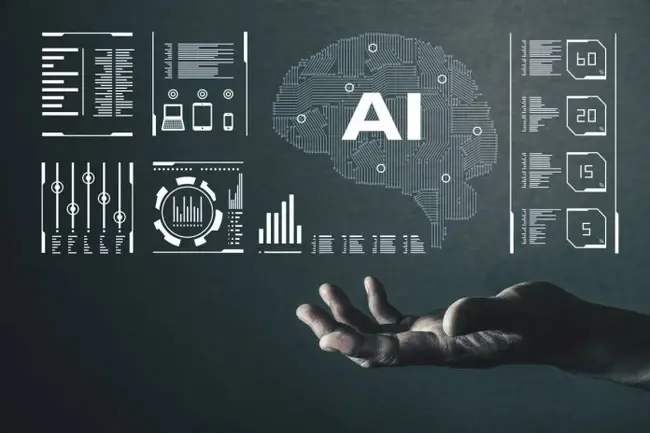Today, more companies are beginning to adopt artificial intelligence (AI) in order to gain a strategic advantage in the digital economy. In turn, however, the moral and ethical implications of using this technology are becoming increasingly contentious.

Drafting a code of ethics
The possibility of creating intelligent machines undoubtedly raises a wealth of ethical issues. Indeed, a chapter in the Cambridge Handbook of Artificial Intelligence observes that these relate "both to ensuring that such machines do not harm humans and other morally relevant beings, and to the moral status of the machines themselves." AI currently offers few ethical issues separate from those inherent to the design of cars and power stations. Nevertheless, the approach of "AI algorithms toward more humanlike thought portends predictable complications." For example, AI algorithms may fill social roles and thus demand more transparent and predictable designs. However, "sufficiently general AI algorithms may no longer execute in predictable contexts," requiring new kinds of safety assurance and artificial ethical considerations. As a result, AIs that possess "sufficiently advanced mental states" may achieve moral status or even personhood. Writing in 2014, the chapter eerily anticipates Sophia the robot's quest to become a citizen. Finally, the prospect of AIs with superhuman intelligence also means stating an algorithm that essentially outputs "superethical" behaviour. While these predictions are somewhat visionary, drafting a code of ethics is a vital precaution.
Embracing ethical AI
This year, more companies will reportedly embrace ethical AI. In fact, Scott Zoldi, Chief Analytics Officer at FICO, predicts that ethical AI will be the “tech industry’s biggest development in 2019.” Just this week, private equity boss Stephen Schwarzman donated £150m to fund a new ethical AI institute at Oxford University. The funding comes at a significant time considering the uncertainty surrounding UK universities post-Brexit. AI is the major issue of our age, Mr Schwarzman told the BBC. Despite its increasing importance, however, many governments are failing to address the ethical consequences of using AI.
Investors urge AI startups to implement a code of ethics
While Oxford may be embracing ethical AI, The Wall Street Journal reports that venture capital firms and tech accelerators are also pressuring AI startups to consider ethics. In fact, these parties are increasingly requiring a code of ethics that guides the startup's operations. Startups may also need a tool that explains how an algorithm makes its decisions and a set of best practices. This monumental shift is absolutely necessary, especially considering the fact that Amazon implemented an AI hiring tool that actively discriminated against women just last year. "We have to embed ethical behaviours into these systems," CEO of Satalia Daniel Hulme told EM360. This is an "extremely exciting time for humanity, because now we have to agree on what those ethical behaviours should be," he added. While the technology landscape is brimming with innovation, ethical AI now calls for mass debate and research. If we are to invest in emerging technologies, we must also utilise AI in order to dismantle hegemony.
Check out our podcast with Managing Director at Brainpool AI Kasia Borowska, in which she discusses AI's ethical issues







Comments ( 0 )